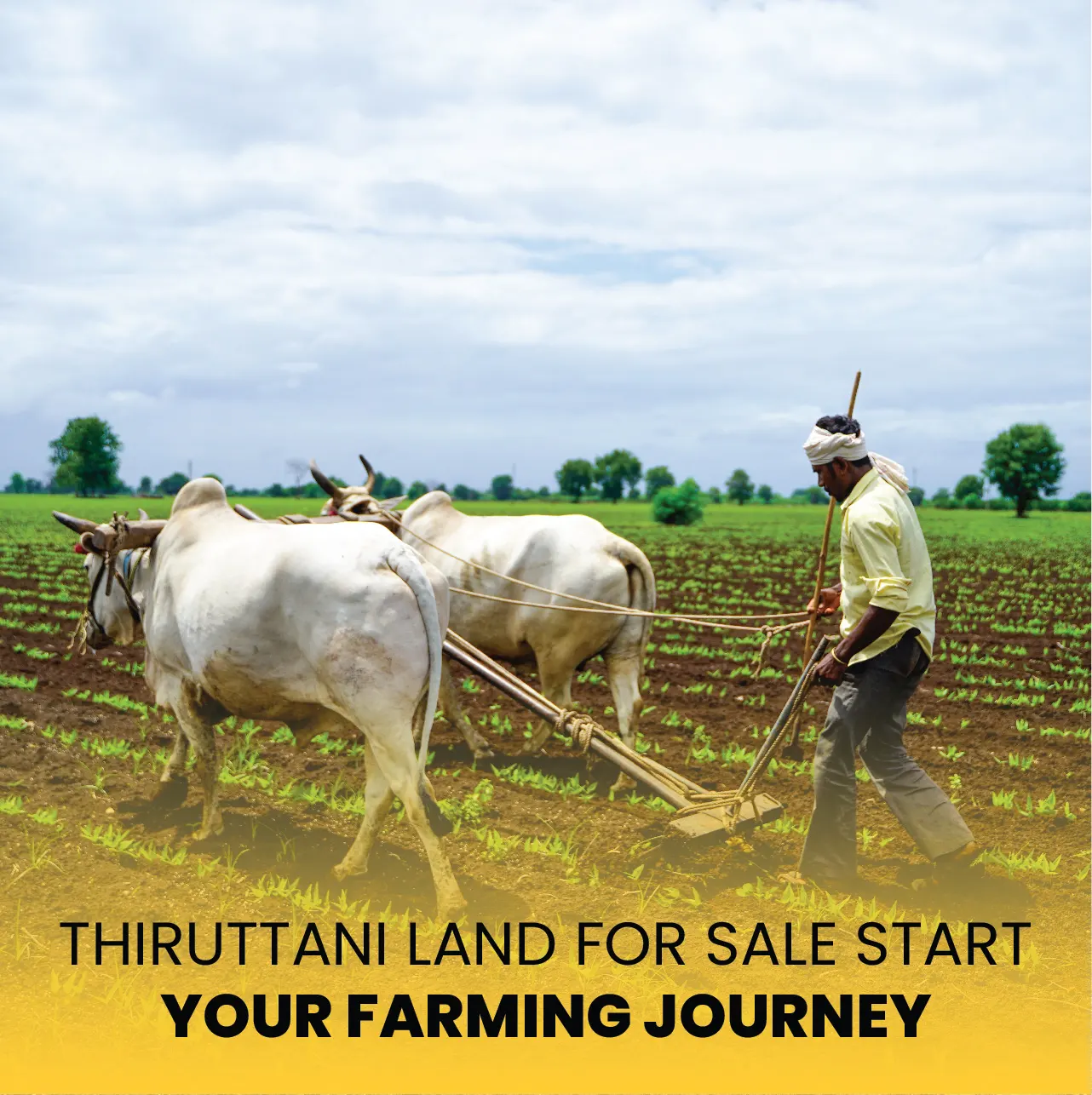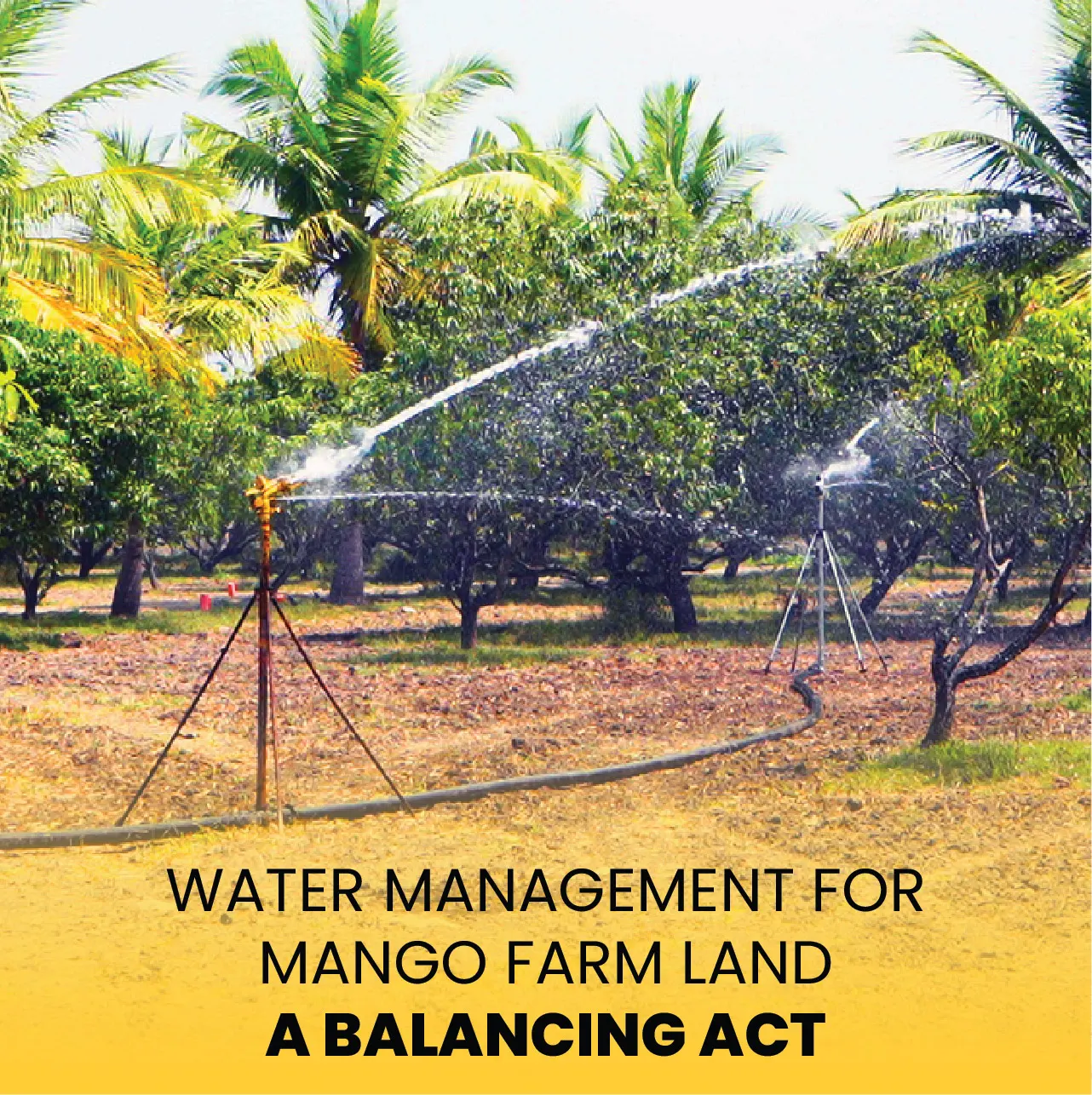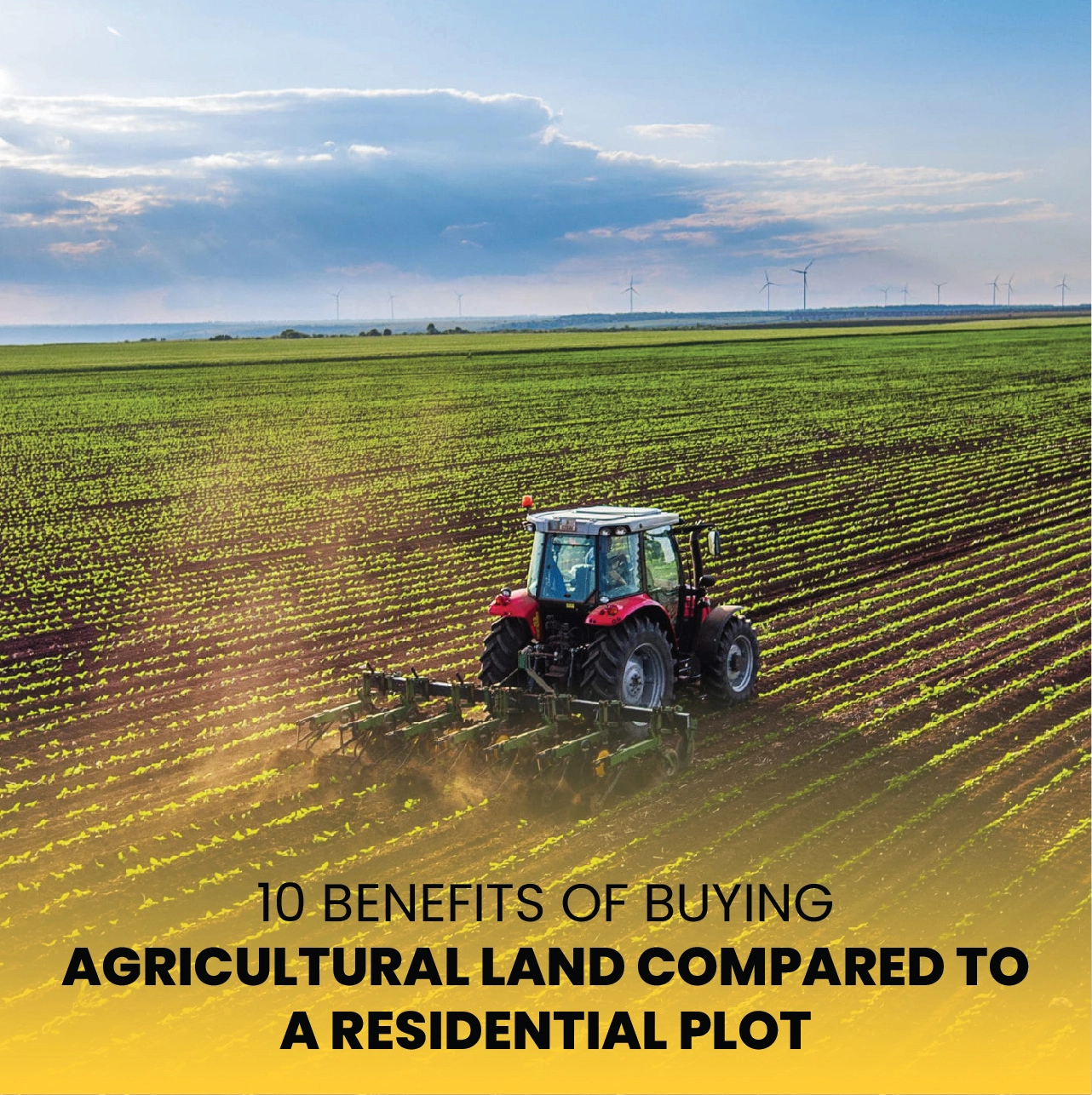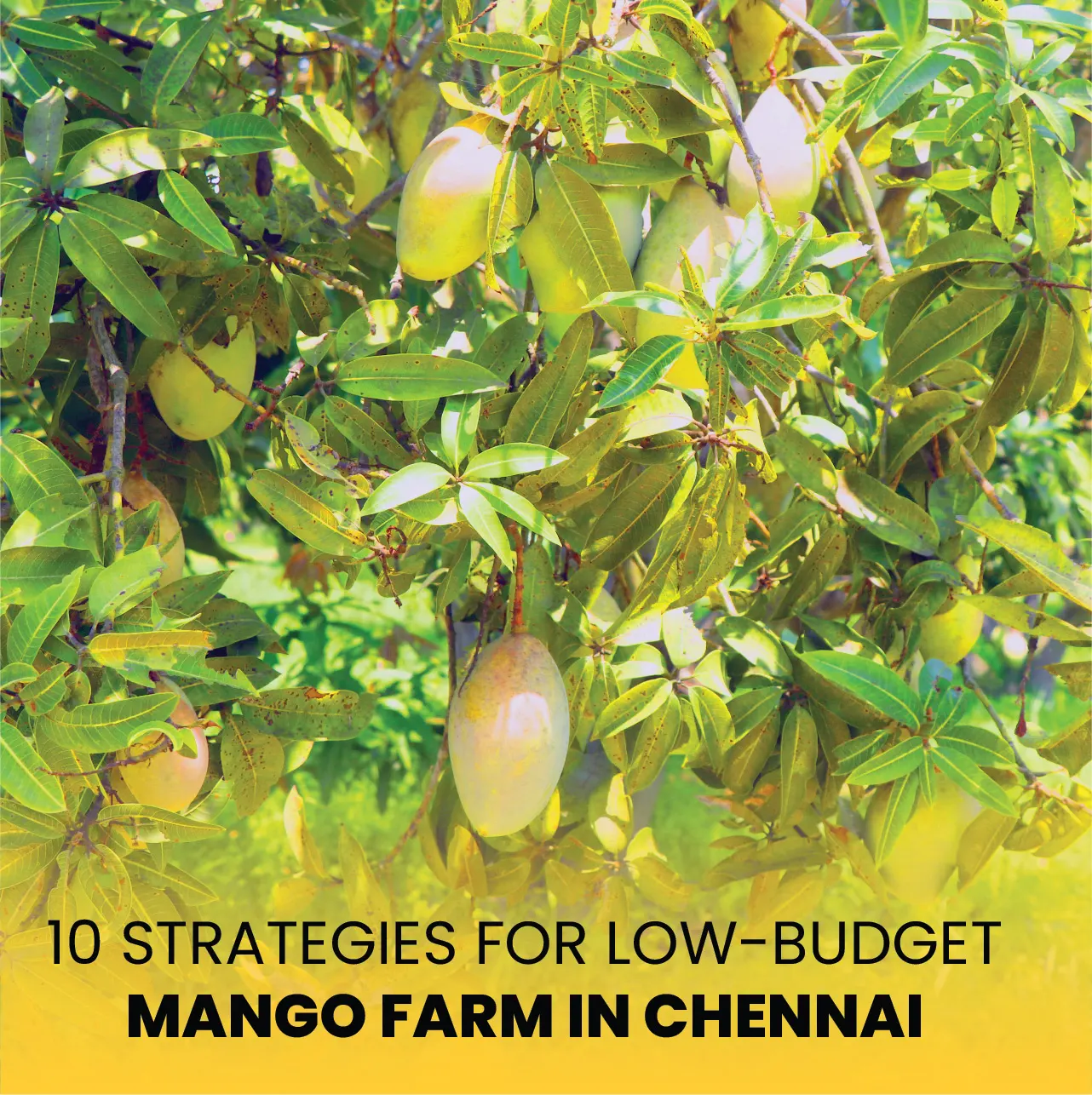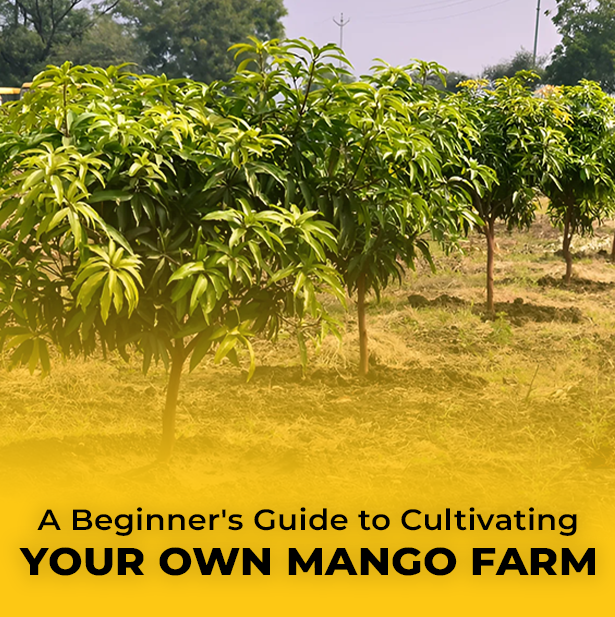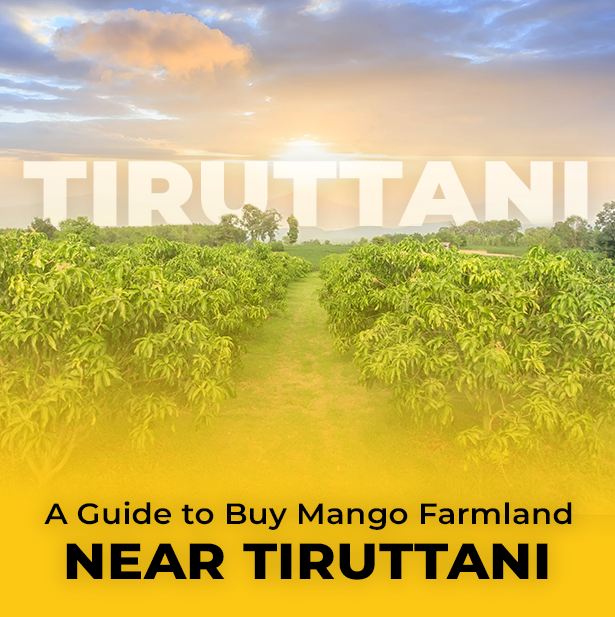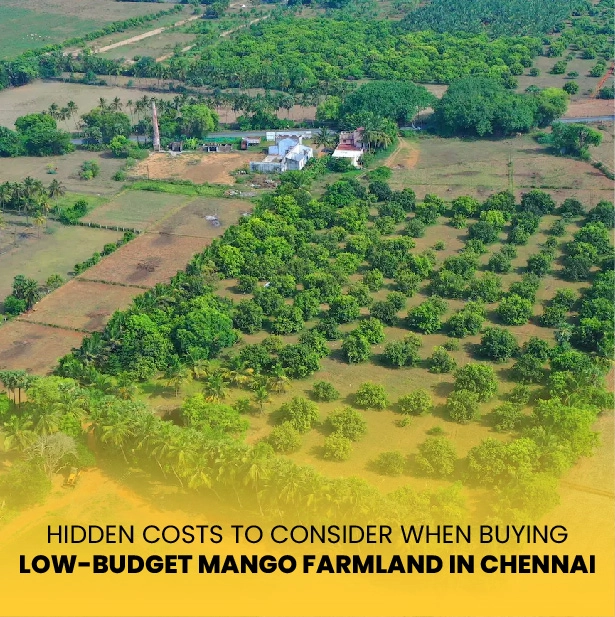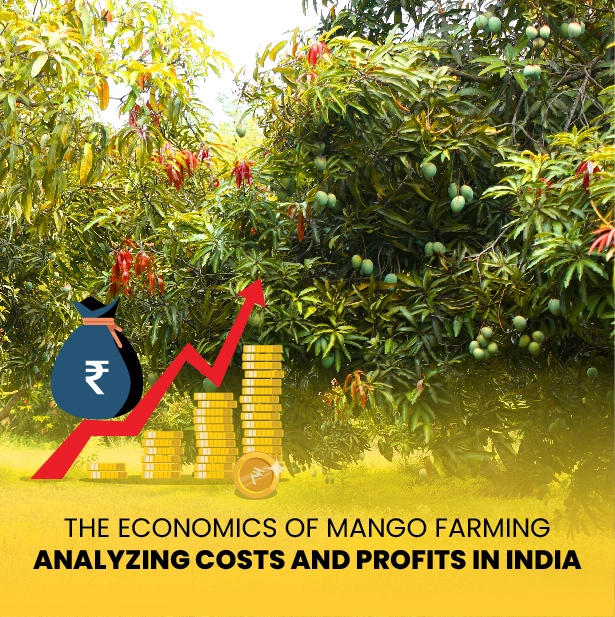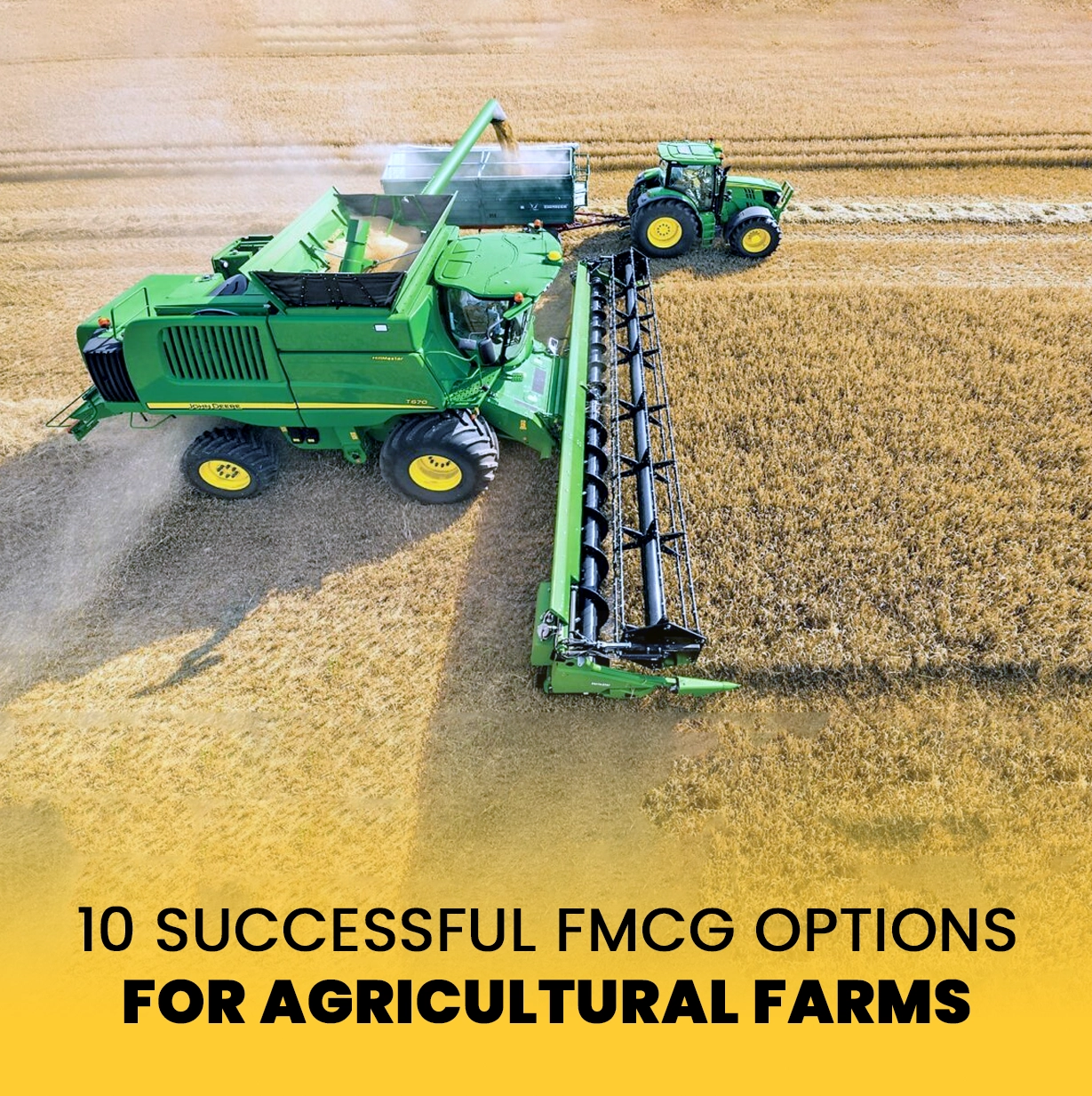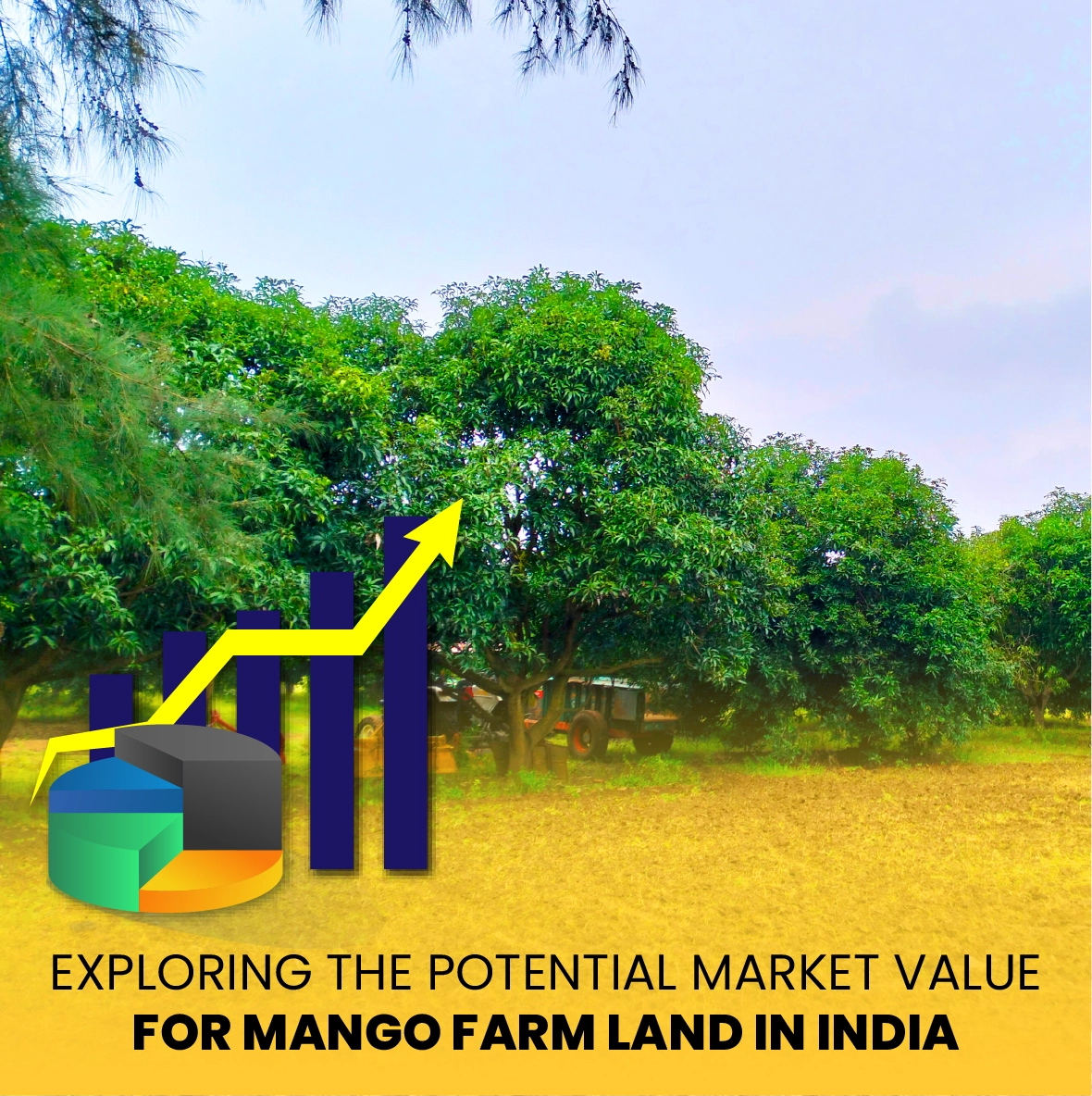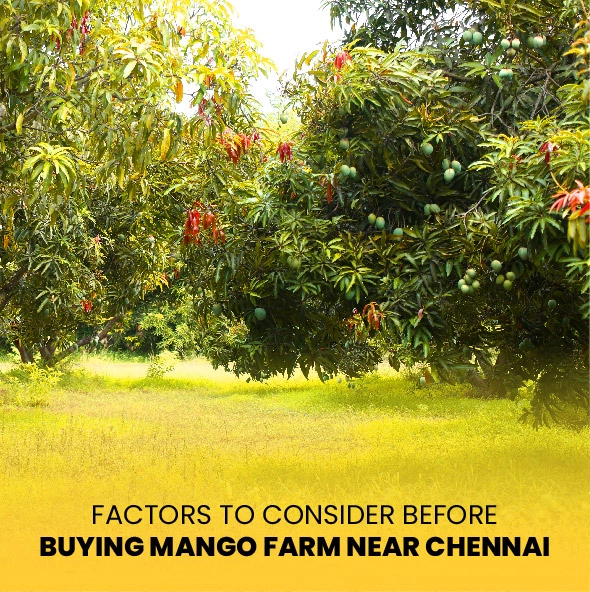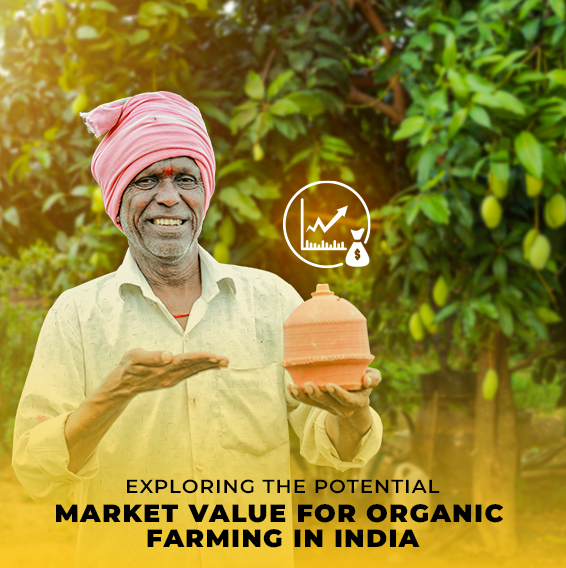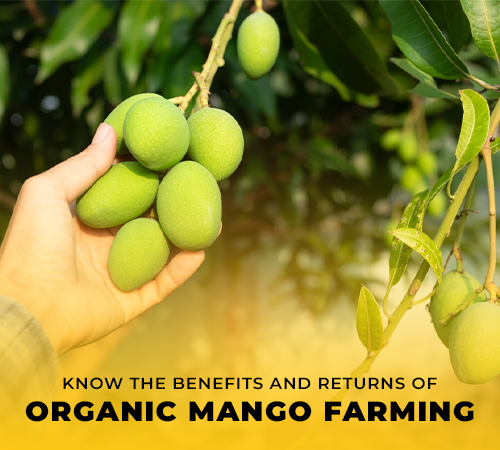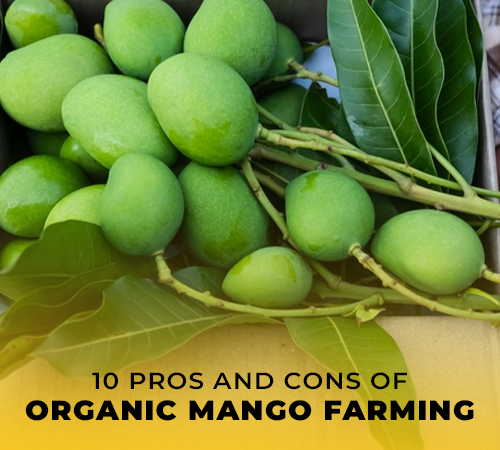Usually, your first choice is to purchase a farm plot when you intend to make investments in property. Still, investing in farmland offers a special opportunity because demand for land has increased recently. Among the ever-changing terrain of investments, farmland is a special and rather useful resource. Among smart investors, farmland investment has become more and more popular since it offers a mix of sustainability, growth possibility, and stability. From supporting environmental sustainability and hence food security to offering steady yields and functioning as a hedge against inflation, the benefits of investing in farmland are many and convincing. Here are the top eight reasons you should include farmland in your investment portfolio:

Farmland is known for providing stable and dependable returns over time. Agricultural Land usually appreciates consistently, unlike more volatile investments, thereby offering a consistent income source. Land is a strong asset in your investment portfolio because, historically, it has demonstrated to be good even in economic downturns. Although there is no guarantee, research indicates that a desirable location for the land can lead to annual and long-term investment rate growth of between 12% and 20%.
As the world's population grows, the need for food increases. Land is becoming more valuable due to this increase in demand; hence, investing in it is rather profitable. Having farmland implies you are using an essential and continuously growing market. Furthermore, as the middle class grows in many developing nations, demand for better food products is also growing, raising the value of agricultural output and farmland.
As a good defence against economic swings, farmland values typically grow with inflation. The value of agricultural land rises with the rising cost of living, so shield your investment from the destroying effects of inflation. Having some of your portfolio in assets that naturally offset inflationary pressures can be quite helpful in an economic setting where inflation is a continual worry.
This process of selling land to farmers or selling the crops grown on it will let one consistently generate money from it. This guarantees a consistent cash flow, a feature that attracts investors seeking steady income. Although leasing land generates consistent rental income and can be a dependable source of income, direct crop sales offer the opportunity for more profits, especially if you invest in specialty or highly sought-after commodities. One may say that both of these income sources are dependable.
One excellent way to diversify your assets is to expand your investment portfolio by buying farmland. By means of a tangible asset displaying unique behaviour different from that of traditional stocks and bonds, it serves to reduce general risk and enhance portfolio stability. Farmland has a low correlation with other asset classes, so its value and returns usually vary independently of the stock and bond markets. This offers a counter to the market's linked price volatility.
Many times, investments in agricultural output qualify for preferential tax treatment. Among these kinds of incentives are reductions in property taxes, tax exemptions for land improvements, and others meant to support farming operations. Governments often grant this kind of tax cut to increase rural development and agricultural output. Utilizing these tax benefits could potentially increase your net returns.
Investing in land offers you the chance to support organic farming and benefit nearby towns. Apart from financial benefits, it gives one a sense of obligation and responsibility, promotes actions that benefit the environment, and ensures food availability. Investing in land helps you support environmentally friendly farming methods that advance long-term agricultural health. Among these pursuits are organic farming, conservation tillage, and other ecologically beneficial practices.
A farmland holding is a long-term asset that one generation might pass on to the next, therefore creating an enduring legacy. In financial terms, owning farmland is an investment; however, it also serves as an investment in the future, as it provides your descendants with a tangible inheritance. Owning farms helps one develop a connection to the land and respect for agricultural legacy, encouraging ideas of sustainability and responsibility for future generations.
Investing in agriculture has several advantages beyond the financial ones. Farmland offering consistent and sustainable income to serving as a hedge against inflation and helping society, farmland is a flexible and strong asset to any investing plan. Now is the ideal moment to invest in agricultural land since the value and relevance of agricultural land will increase as the demand for food keeps growing.
Farmland offers a convincing possibility, whether your search is for a consistent income source, a strategy for extending your investment portfolio, or a way to support sustainable and significant farming practices. For anyone trying to create a strong and future-oriented portfolio, farmland is an investment worth considering, given its long-term appreciation potential and instant benefits from consistent income and tax advantages.
